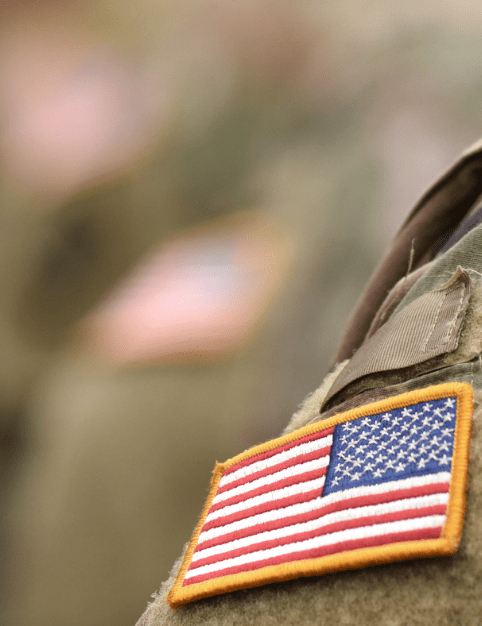Congress on Monday approved legislation that raises the amount of money awarded to severely injured veterans to make their homes disability-friendly and increases the number of times they can apply for the benefit.
The Ryan Kules and Paul Benne Specially Adaptive Housing Improvement Act will increase the cap on grants awarded to some veterans to purchase or adapt their homes and will let them apply for the funding up to six times.
The bill also quadruples the number of grants available each year from the Department of Veterans Affairs, from 30 to 120, and adds legally blind veterans to the list of former service members eligible to apply.
Under the legislation, the total amount an eligible veteran could access would be $98,492, an increase of nearly $13,000, to go to the purchase of a house with special features.
The amount of assistance for adaptations to veterans’ residences also has been increased, from $12,756 to $19,733.
The bill, which is expected to be signed by President Donald Trump, is named for retired Army Capt. Ryan Kules, now the director of combat stress recovery at Wounded Warrior Project, and retired Army Col. Paul Benne.
Kules, who lost his right arm and left leg to a roadside bomb in Taji, Iraq, in 2005, lobbied for the legislation to expand access to the funding for roughly 2,000 veterans, not including those who are blind.
Benne, who died Dec. 7 at age 54, was forced to retire from the Army after he was diagnosed with a rare degenerative disease, multi-symptom atrophy, cerebellar Type-C, that left him unable to walk.
“This bill has what we set out to accomplish and even more, being able to ensure that blinded veterans were extended the opportunity to be able to benefit from the program,” Kules said. “Knowing it also provides benefits across generations — that’s something that cannot be said enough.”
The VA’s Specially Adapted Housing program is for veterans who have lost at least two limbs to amputation to help cover the cost of housing renovations.
After Kules was medically retired from the service, he and his wife bought a home with the intention of making it wheelchair friendly, including widening hallways, changing doorknobs and countertops, altering bathrooms, and renovating the kitchen.
The renovations cost roughly $100,000 — $36,000 more than was covered by the VA SAH grants at the time.
Kules realized that as his life changed, with a growing family and then, eventually, with age, he would need different living accommodations, which may all require alterations.
The Ryan Kules Act gives veterans flexibility, he said.
“This gives my family peace of mind, knowing that it reinstates in 10 years, and my disabilities may have become worse or I may be more impacted by them. It’s peace of mind knowing we can make any changes to adapt the house to additional needs,” Kules said.
Also, he added, he thinks more veterans will apply for the program who may not have previously considered it.
“Veterans out there that wouldn’t have used the benefit knowing it’s a one-time use now can go ahead and do so,” Kules said. “They’ll be set up down the road.”
The House bill was sponsored by Reps. Gus Bilirakis, R-Florida, and Mike Levin, D-California. The Senate version was introduced by Sens. Jerry Moran, R-Kansas, and Kyrsten Sinema, D-Arizona.
“When I heard of the challenges Ryan faced when he wanted to buy a new home to accommodate his growing family because he could not use the SAH benefit a second time due to program limitations, I knew something needed to be done,” Bilirakis said in a release.
“Our bipartisan bill breaks down barriers to help veterans access the specially adaptive housing benefits they’ve earned — and its passage shows what we can accomplish when we put aside politics and focus on getting results for America’s veterans,” said Sinema, a member of the Senate Veterans’ Affairs Committee.

How to Apply for VA Disability Compensation
It's one thing to know how to apply for VA disability compensation. It's another to understand the...

What is the VA DBQ?
What is the VA DBQ? A VA Disability Benefits Questionnaire (DBQ) is a form used to convey...

Most Commonly Approved VA Disability Claims
Most Commonly Approved VA Disability Claims Veterans receive VA disability benefits for a wide...





